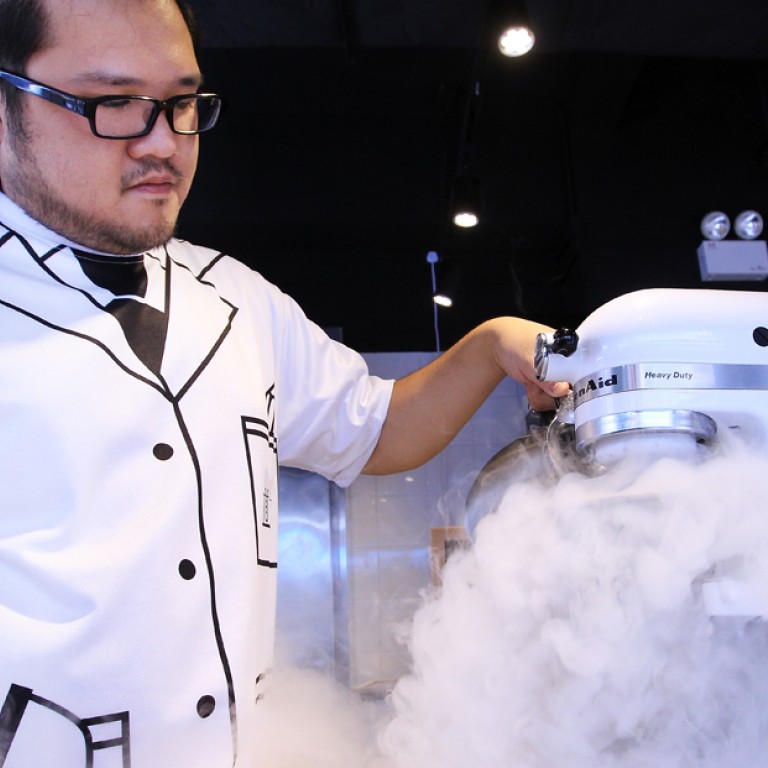
Hong Kong businesses lacking innovation due to risk factor
Kelly Yang says many Hong Kong businesses lack innovation because they are too cautious or simply cannot afford to take risks
A couple of years ago, I was asked to give a talk on entrepreneurship. I talked about risk, business model, start-up costs, marketing and impact. Then, at the end of my talk, I asked two questions. "Why do we want all these entrepreneurs anyway? Is the world really a better place with more entrepreneurs?"
The audience, most of whom were business school students and aspiring entrepreneurs, was shocked. The entire room fell silent. Suffice to say, I was never asked back to this talk again.
I understand the audience's offence. Business, after all, is what our city is built on. Last month, InvestHK announced the launch of the StartmeupHK Venture Programme, a competition designed to attract local and overseas small businesses to set up shop in Hong Kong. There's no doubt that these businesses help the economy.
However, what I love the most about entrepreneurship is innovation. Sadly, in Hong Kong, many businesses are simply not innovative. That's because the key to innovation is risk. Our sky-high rents, together with the latest government decision to double stamp duty on properties, cripple most businesses' ability to take risks.
Instead, most businesses here go with a proven product, so that they can be confident it will sell. With so many retail spaces snatched up by big foreign brands, soon the only "local" product anyone will associate with Hong Kong will be jewellery.
Despite this, entrepreneurship and innovation still survive in hidden little corners of our city. Last week, I tracked down Ronnie Cheng, the founder of Lab Made Ice Cream, a shop in Tai Hang that sells ice cream made with liquid nitrogen. Cheng agrees that the high rent and small market contribute to Hong Kong's innovation problem but he says the other reason is one of culture.
As a child in Hong Kong, whenever Cheng asked his parents about business, his mother would say that you have to make sure you have enough money. You have to make sure the product is right. You have to make sure you don't have competitors, and so on. As Cheng remarked: "That's a lot of making sure!"
When I decided to give up the lucrative and prestigious field of law to start a writing programme for children, my parents were outraged.
Why subject yourself to the gruelling life of a struggling businessperson - the hard work, no pay, little sleep and huge risk - when you can be an i-banker, most Chinese parents would say.
Like our culture, our education system is also too rigid. Hong Kong's heavy focus on exams was one of the reasons Cheng moved to the UK for schooling. These days, even though Hong Kong has moved away from memorisation with the new secondary school syllabus, students are still swarming abroad.
If we want to attract these students back, to invest in Hong Kong and start amazing, innovative businesses here, we need to give them access to affordable office space and, more importantly, we need a switch in cultural and educational values.

